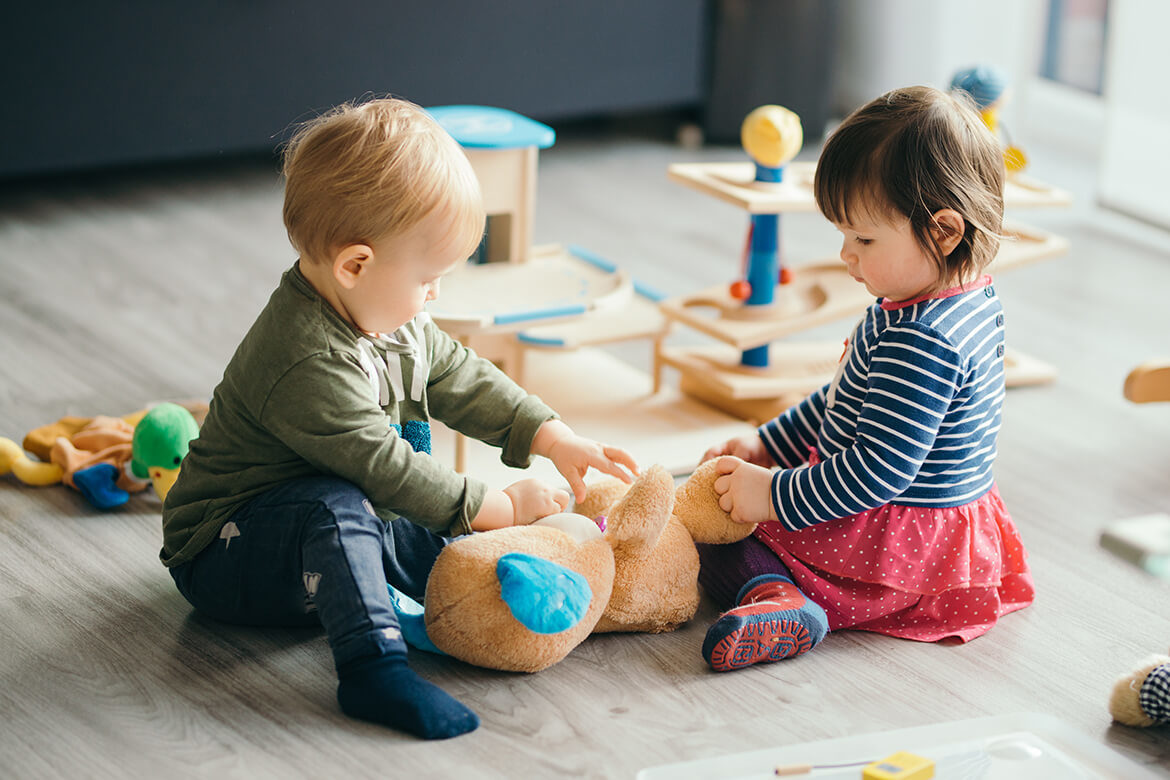Toddlers Take The Wheel

There is a considerable difference between play-based learning, child-centred learning, and child-led play. In fact, although these three approaches might seem similar, they are not. They each lead to different outcomes for toddlers and pre-schoolers. Let’s start with the most popular, which is a play-based learning. The assumption here is that children learn best through play, which is right in general, with educators using playing as a vehicle to achieving certain learning goals. However, the adult remains the main author of the learning experiences, and activities will usually be structured and teacher-led. Child-centred learning, on the other hand, is more like a perspective – we put children’s wellbeing at the centre of education instead of, for example, the curriculum. This on its own changes a lot and is a starting point for the New Paradigm Education, where children are at the centre of our attention. However, childcentred education does not automatically mean it will be child-led. It may still be adult-led and structured, which is not the case in child-led play. In child-led play, we agree that the child knows exactly what tools, resources, environments, and experiences will support their learning and growth. We agree that children do not need to be taught anything because they are perfectly capable of learning whatever they need on their own and in a much faster, more effective, and more enjoyable manner than we think. We don’t need to teach children what we know, as this takes more time and is generally not effective or necessarily in line with their needs. Instead, we need to enable environments for children to learn in a safe, joyful, and inspiring way. Child-led play boosts children’s self-confidence to the point where they are able to consciously create and shape their learning environments, establish positive and meaningful relationships, partner with adults, co-create with other children and adults, predict possible outcomes, plan short-term and long-term goals, and understand how they can best learn what they want and need to learn in the most effective and enjoyable way. These are all very advanced skills which most of us often do not expect children to demonstrate. Yet, children from their early years are fully capable of demonstrating these skills when adequately supported. The key words to focus here are ‘teach’ and ‘enable environments to learn and grow’. The best example here is a baby starting to learn how to walk. Our role is never to teach them, it’s impossible to show a child how to walk and expect they will follow and do the same. Our role is to make sure we offer enabling environments for the child to move around safely, offer positive feedback, encouragement, and plenty of time and space for the child to experiment with their growing body and the world. We don’t hurry the child because we understand that rushing a baby might be dangerous, negatively impact their physical growth, and discourage them from trying. We allow the baby to take their time, test and try, fall and stand up, until finally one day they are just able to walk! The same principle applies to any other learning, which is a natural and very intuitive process, and which unfortunately we adults have been trying to overcomplicate. Educators who are successful in implementing child-led play are those who are able to look at the world through the eyes of a child and detach from their personal goals and ambitions. The educators of the future are those who are ready to truly celebrate children for who they really are, to consider them as their own authorities, the master learners.
|
